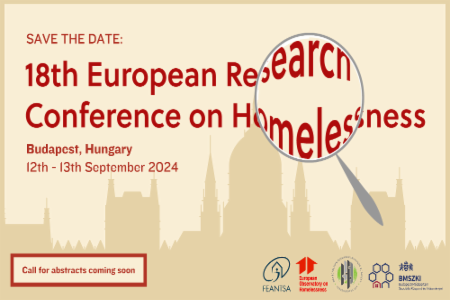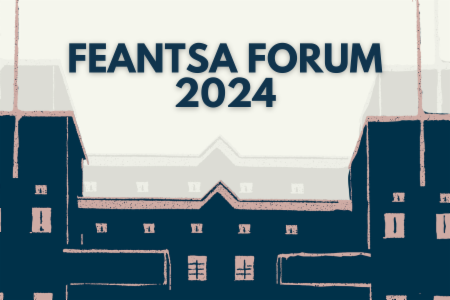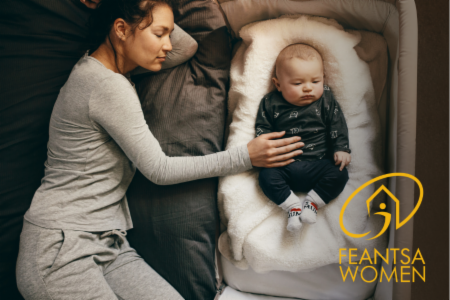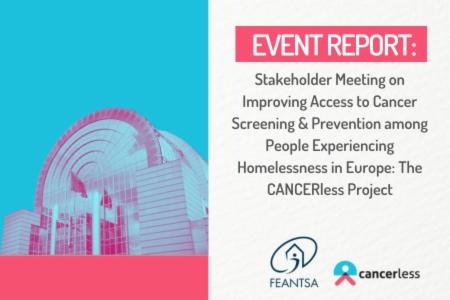Mobile EU citizens experiencing homelessness in Brussels: access to rights, employment, and healthcare
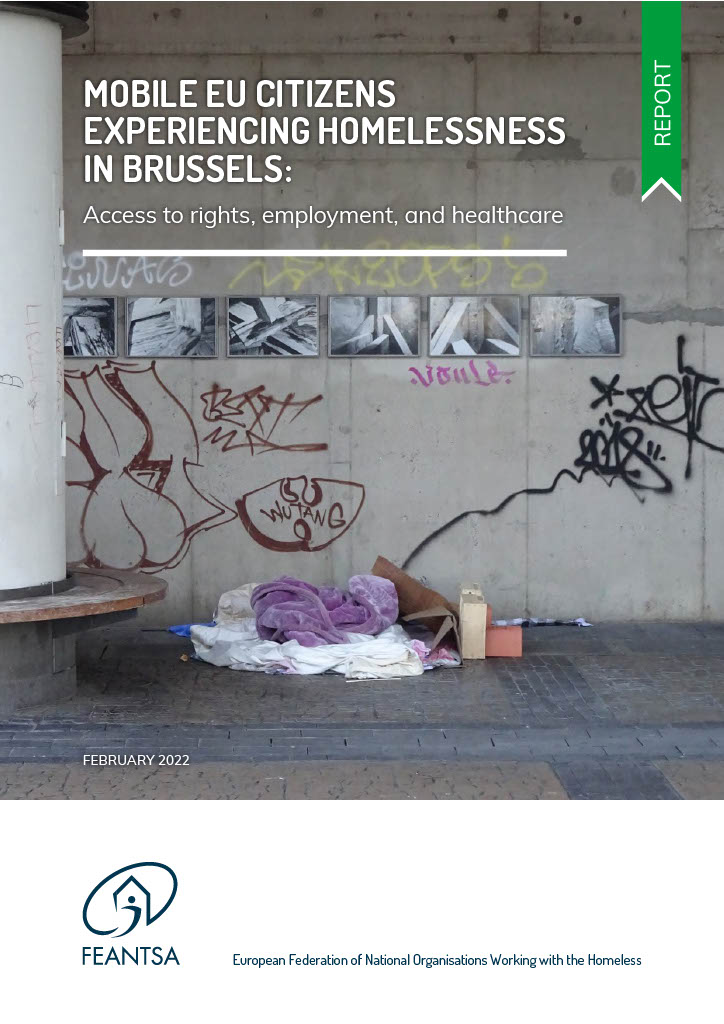
Download the report in English here (Online PDF)
Téléchargez le rapport en français ici (PDF en ligne)
DIOGENES and FEANTSA are launching the report “Mobile EU citizens experiencing homelessness in Brussels: access to rights, employment, and healthcare”. This report is part of the 2nd phase of the PRODEC project - Protecting the Rights Of Destitute mobile EU Citizens -, funded by EPIM, and aims to highlight the obstacles faced by mobile EU citizens experiencing homelessness or poor housing in Brussels. The quantitative data collected by DIOGENES, enriched by interviews with two street workers of the association (Daniela Novac and Dorota Kwiatkowska), give us an overview of the problems encountered by the homeless mobile EU citizens supported by DIOGENES.
During the year 2020, DIOGENES collected information about 314 mobile EU citizens who were experiencing homelessness in Brussels and who were accompanied by its workers. The observed sample consists mainly of people without legal income, without stable accommodation, and without the possibility of obtaining an address, a residence permit and access to basic services.
Although 75% of the respondents migrated to Belgium to find work, only 5% had a declared job at the time of the data collection, while 12% were working without a contract and 54% were forced to beg.
Especially worrying is the fact that more than two thirds (67%) of the interviewees did not have a residence permit in Belgium, since this is the main obstacle to accessing social rights for mobile EU citizens. The main reason is the difficulties in getting a reference address, which makes it impossible to register and obtain a residence permit.
To eradicate the precariousness among mobile EU citizens, DIOGENES and FEANTSA recommend to, among others:
- Simplify procedures for obtaining official documents.
- Make the right to a reference address automatic for mobile EU citizens.
- Promote free temporary housing projects that provide access to rights.
- Develop access to healthcare for mobile EU citizens in destitution.
This report is part of the ongoing work by FEANTSA on the link between EU migration and homelessness, which is currently undertaken within the framework of the PRODEC project (Protecting the Rights of Destitute Mobile EU citizens). This project is supported financially by EPIM, the European Programme for Integration and Migration.


